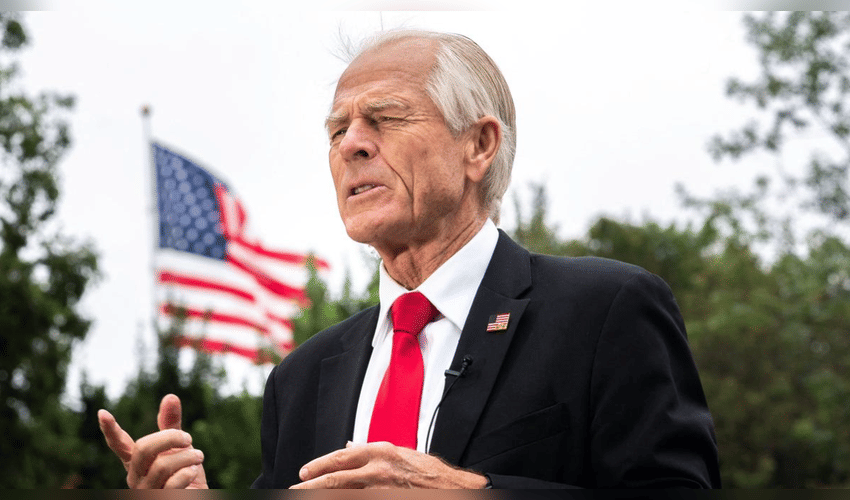Economy
Peter Navarro Controversial Claims: Brahmins Profiting from India Russia Oil Trade

In a recent interview that has sparked controversy and debate, Peter Navarro, a former senior trade adviser to former U.S. President Donald Trump, has accused parts of India’s elite of profiting significantly from the country’s trade in Russian oil. Navarro, speaking to Fox News, intensified his criticism of India’s role in purchasing discounted Russian crude oil, refining it, and then exporting the finished products at a premium to other markets, particularly in Europe, Africa, and Asia.
Navarro described India as “nothing but a laundromat for the Kremlin,” alleging that this arrangement effectively fuels Russia’s war efforts in Ukraine. He framed these oil trade practices as detrimental not only to global stability but also to ordinary Indians, claiming that “Brahmins are profiteering at the expense of the Indian people” and emphasized that such profiteering must be stopped. His remarks link the profits made from this trade to the ongoing conflict in Ukraine and the burden it places on American taxpayers, who are supporting Ukraine’s defense financially.
This accusation comes amid heightened tensions in U.S.-India trade relations, where the Trump administration has imposed steep tariffs—50% on Indian goods—justifying them partly by India’s energy dealings with Russia. Navarro argued that before the Russian invasion of Ukraine in 2022, India’s purchase of Russian oil was minimal but surged after Moscow began offering significant discounts to New Delhi. Indian refiners, Navarro claimed, capitalize on these discounts by exporting refined oil products internationally at higher prices.
The comment about “Brahmins” drew sharp criticism as a casteist slur that unnecessarily stigmatizes a specific community, with several experts and observers condemning it as inflammatory and inappropriate for foreign policy discourse. Critics assert that framing economic realities through caste-based accusations may exacerbate social tensions rather than addressing trade or geopolitical concerns constructively.
India, meanwhile, has defended its energy procurement strategy as guided by market dynamics, national security imperatives, and strategic considerations. The Indian government maintains that its oil imports, including those from Russia, are driven by the need to secure affordable and reliable energy supplies amid global market disruptions. Furthermore, India argues that when it began increasing Russian oil purchases after the Ukraine conflict erupted, the United States and other Western countries initially encouraged such imports to stabilize energy markets.
Adding a broader context, India’s growing economic ties with Russia and China, including diplomatic engagements at platforms like the Shanghai Cooperation Organisation (SCO), reflect a nuanced foreign policy approach aimed at balancing its strategic interests. Navarro’s commentary, including references to India’s high domestic tariffs—dubbed as the “Maharaja of tariffs”—and the claim that these hurt American workers, underscores ongoing commercial friction between the two countries.
This episode highlights how geopolitics, trade, and energy security are intricately linked and how rhetoric can amplify tensions, especially when it includes culturally sensitive references. The dialogue between the U.S. and India continues to evolve as both countries navigate these complexities amid shifting global alliances and economic realities.
In summary, Peter Navarro’s remarks cast a critical light on India’s engagement with Russian oil, alleging profiteering by elite groups and framing these actions as fueling conflict in Ukraine. The response from India emphasizes sovereign energy and strategic choices, while debates over the tone and substance of Navarro’s comments reveal the delicate balance between diplomacy, economics, and cultural sensitivities in international relations. This controversy adds another chapter to the complicated narrative of U.S.-India ties in the post-pandemic and geopolitically charged era.



